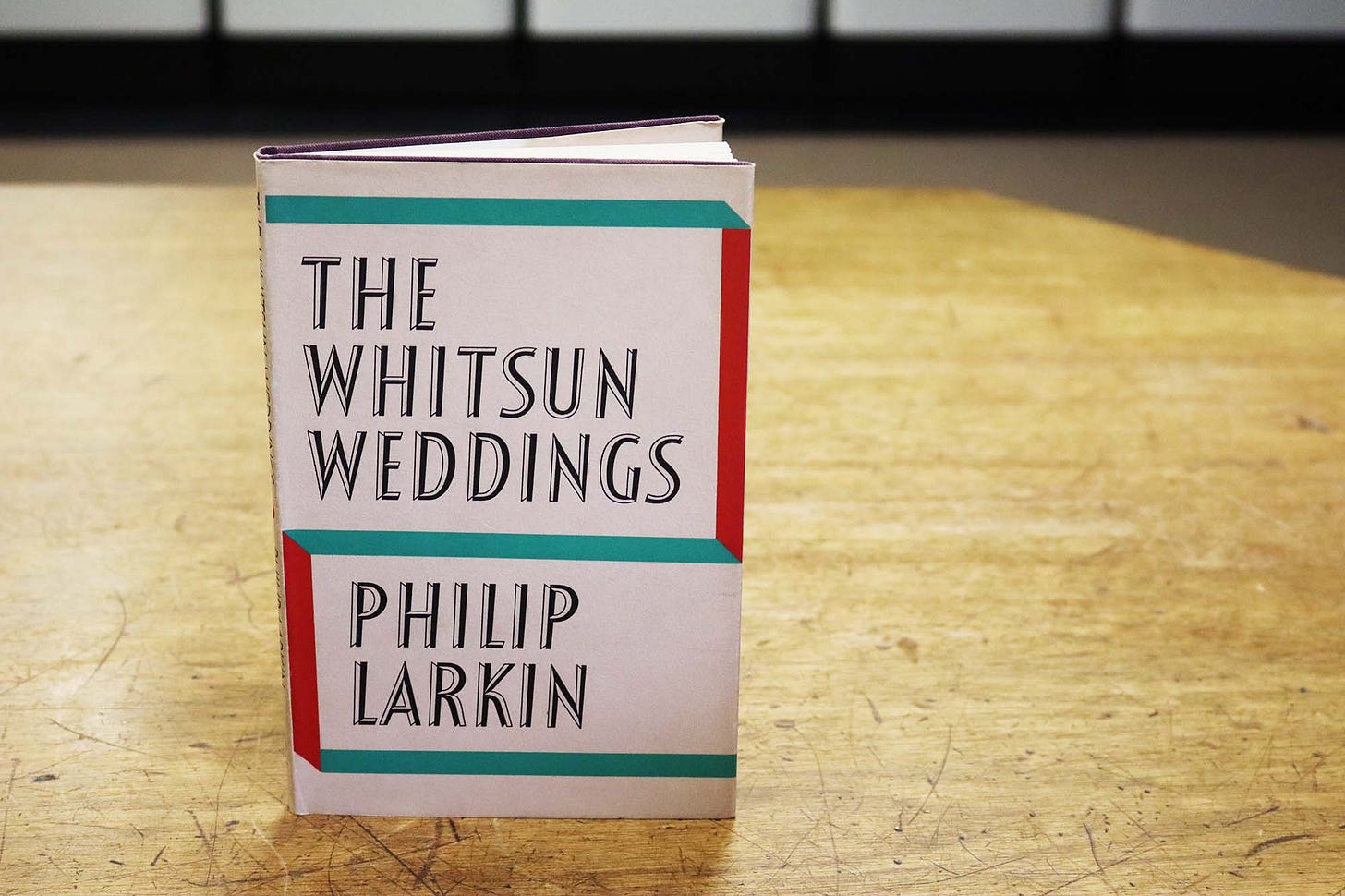Paying subscribers can listen to this newsletter as an audio reading here or on your podcast app.
Keep reading with a 7-day free trial
Subscribe to In Writing with Hattie Crisell to keep reading this post and get 7 days of free access to the full post archives.




